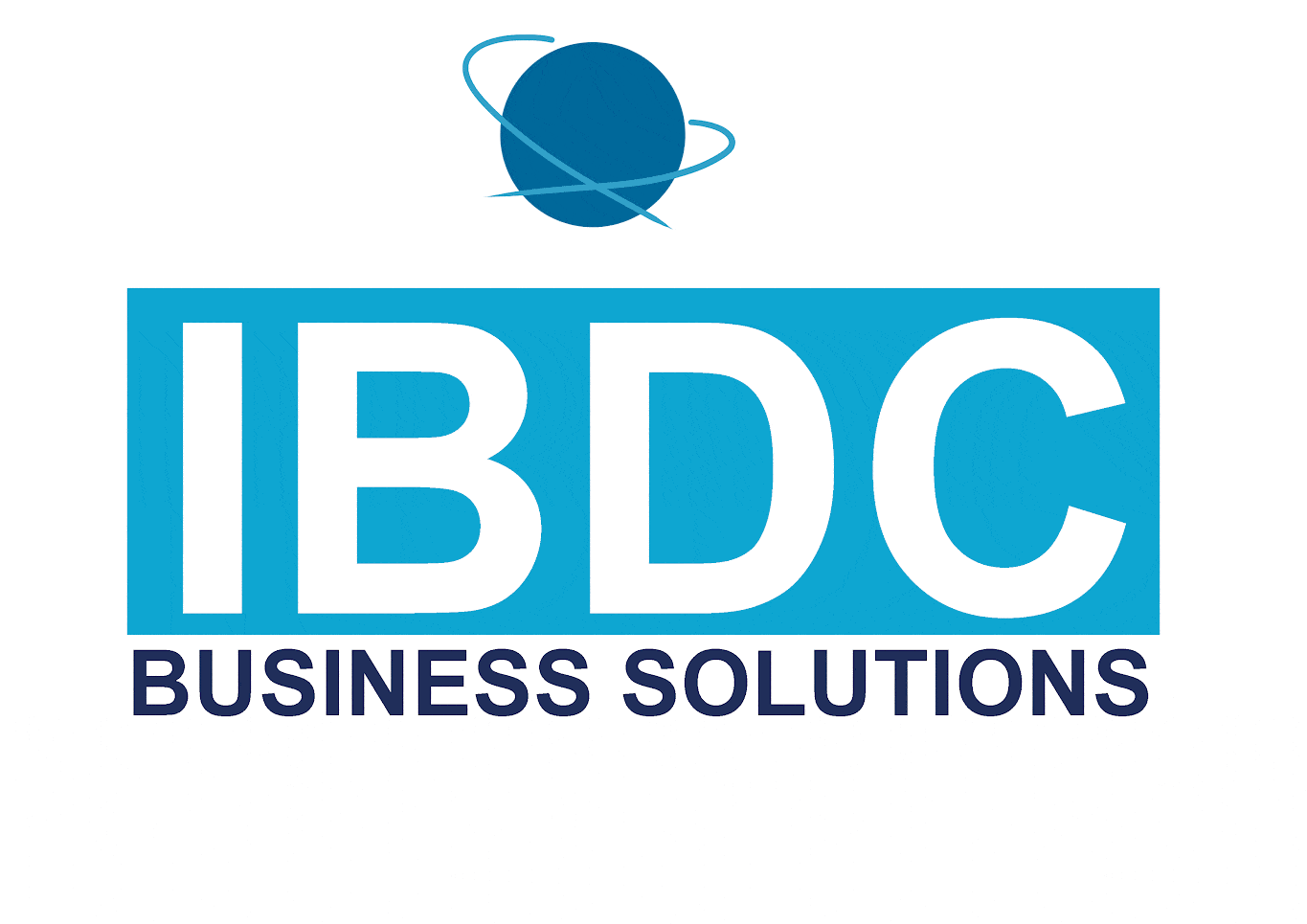The Impact of AI and machine learning on digital marketing strategies
In recent years, the field of digital marketing has been revolutionized by the emergence of artificial intelligence (AI) and machine learning (ML). These technologies have transformed the way businesses approach marketing and have created new opportunities for marketers to reach their target audience more effectively. In this blog post, we will explore the impact of AI and machine learning on digital marketing strategies and how businesses can leverage these technologies to improve their marketing efforts.
- Personalization
One of the most significant benefits of AI and machine learning is the ability to personalize marketing messages to each individual user. By analyzing data on user behavior, interests, and preferences, AI algorithms can deliver targeted messages that are tailored to each individual’s needs. This level of personalization can significantly improve the effectiveness of marketing campaigns, leading to higher engagement rates and more conversions.
For example, Netflix uses AI algorithms to analyze user viewing behavior and recommend new shows and movies based on individual preferences. This has resulted in higher customer satisfaction rates and increased loyalty among users.
- Predictive Analytics
AI and machine learning can also be used to predict customer behavior and preferences, allowing businesses to make more informed decisions about their marketing strategies. Predictive analytics can help businesses identify trends and patterns in customer behavior, allowing them to adjust their marketing efforts to better meet the needs of their target audience.
For example, e-commerce businesses can use predictive analytics to identify which products are likely to be popular among customers and adjust their inventory and marketing efforts accordingly. This can lead to higher sales and improved customer satisfaction rates.
- Improved Customer Service
AI and machine learning can also be used to improve customer service by automating routine tasks and providing personalized support. Chatbots, for example, can be used to provide customers with instant support and assistance, answering frequently asked questions and helping to resolve issues quickly.
By automating routine tasks, businesses can free up their customer service teams to focus on more complex issues, improving overall customer satisfaction rates and reducing response times.
- Optimization of Advertising Campaigns
AI and machine learning can also be used to optimize advertising campaigns, allowing businesses to reach their target audience more effectively and improve their return on investment (ROI). By analyzing data on user behavior, AI algorithms can identify the most effective advertising channels and adjust advertising campaigns in real-time to improve performance.
For example, Facebook uses machine learning algorithms to optimize advertising campaigns, identifying which ads are most effective and adjusting targeting and bidding strategies to improve performance.
- Fraud Detection and Prevention
AI and machine learning can also be used to detect and prevent fraud, improving the overall security of digital marketing efforts. By analyzing data on user behavior and identifying patterns of suspicious activity, AI algorithms can identify potential fraudulent activity and take action to prevent it.
For example, credit card companies use machine learning algorithms to analyze user spending behavior and identify potential fraudulent activity. This helps to reduce fraud and improve overall security for users.
In conclusion, AI and machine learning have had a significant impact on digital marketing strategies, providing businesses with new opportunities to reach their target audience more effectively and improve overall marketing performance. By leveraging these technologies, businesses can improve personalization, predict customer behavior, improve customer service, optimize advertising campaigns, and prevent fraud, leading to higher ROI and improved customer satisfaction rates.







